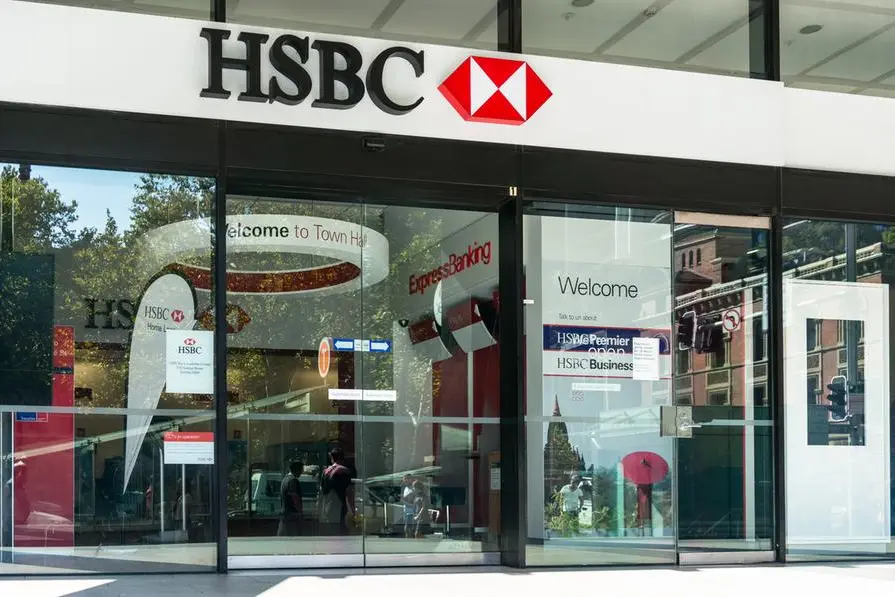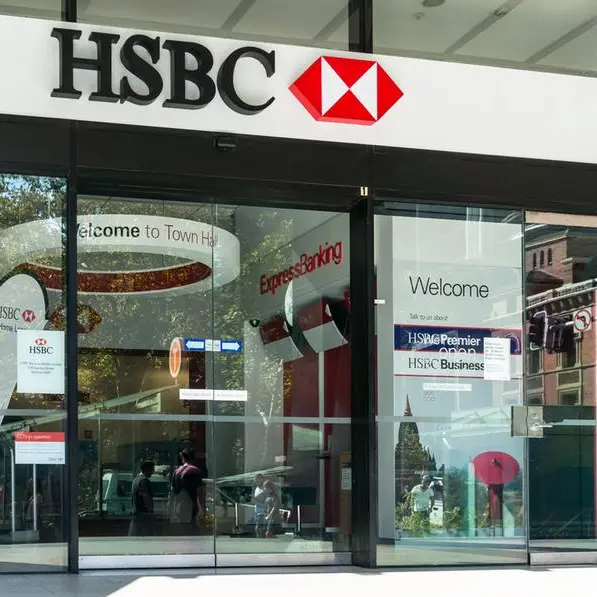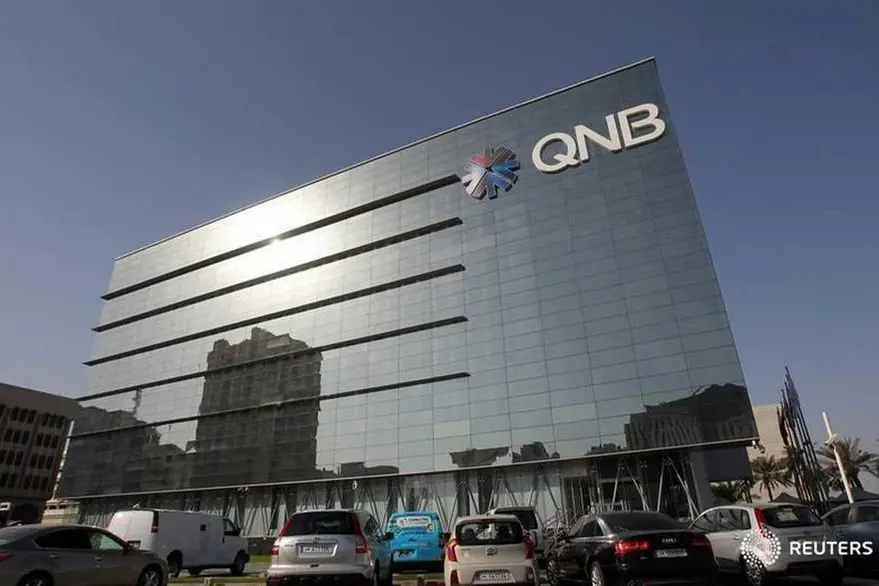PHOTO
Sydney, Australia - Mar 26, 2016: HSBC branch on George street. HSBC is the world's fifth largest bank by total assets and one of the leading banks in Australia. Image courtesy: Katharina13/ Getty Images
Friend or foe? That has been the question mark hanging over the uneasy relationship between bank and non-bank traders for decades. Now, if you believe what you read in the press, HSBC is contemplating a major alliance.
Bloomberg News recently reported that HSBC is in the early stages of considering whether to outsource parts of its fixed-income trading business to market-making firms such as Citadel Securities or Jane Street.
HSBC has since strenuously denied the report. But the bank is in a period of restructuring so it wouldn't be surprising if its new CEO, Georges Elhedery, took a close look at the firm’s trading operations.
These businesses have a notoriously volatile revenue stream and consume large amounts of capital. That means shareholders usually ascribe a much lower valuation multiple to them relative to steadier activities such as retail or transaction banking.
Trading is much more significant to HSBC than the European and US ECM and M&A businesses it is already shutting down. It was even the breeding ground for Elhedery and one of his predecessors, Stuart Gulliver. So it’s worth examining whether an outsourcing arrangement makes sense for one of the world’s largest investment banks – and which parts of its trading empire it should maintain at all costs.
Before delving any further into HSBC’s dilemma, it’s worth recalling the track record of these kinds of tie-ups – which is hardly stellar. More than a decade ago, Credit Suisse created a joint venture with non-bank trading firm Tower Research on US Treasuries. A few years later, JP Morgan signed a three-year agreement with Virtu to provide technology to power the bank’s US Treasury interbank trading business.
Both of these ventures differed slightly in structure and tone. Credit Suisse’s tie-up was an example of a weak bank looking to salvage the remnants of its macro-trading business, while JP Morgan’s involved a top-tier firm entering a partnership to cover a specific niche. In both cases, though, these partnerships quietly fizzled out and there have been precious few examples of banks trialling outsourcing arrangements since.
That was until Bloomberg News reported last year that Citadel Securities was looking to white label their market-making business. At the time, the focus appeared to be on mid-size banks rather than firms on the scale of HSBC. That said, a bigger move wouldn’t be a surprise following Citadel Securities poaching former Goldman Sachs investment bank co-head Jim Esposito and making a flurry of other senior bank hires.
Citadel Securities is best known for its prowess in US stock trading, but it has also been a major player in US rates markets for years, expanding aggressively in the wake of the 2010 US Dodd-Frank Act to become a top market-maker across US Treasuries and interest rate swaps.
It has also grown its credit and European government bond footprint aggressively in the past year, aided by the acceleration of electronic trading. Jane Street, meanwhile, has leveraged its leading presence in exchange-trade funds to become one of the most prominent players in corporate bond trading.
HSBC’s definition of “fixed-income” will matter hugely to the scale of any strategic partnership it could be contemplating with an outside trading firm. The Anglo-Asian lender has increasingly looked like a minnow in bond trading in recent years, having beaten a retreat from the vast US fixed-income market and parts of Europe.
HSBC reported just under US$1bn of revenues in credit and rates trading last year, about 15% of what the big five US banks, Barclays and Deutsche Bank generate. That was dwarfed by the almost US$4bn in revenues HSBC made in FX trading, where it remains one of the largest banks.
HSBC doesn’t publicly break out the profitability of each desk. But its global banking and markets unit generated a return on equity around half that of its other divisions last year – and that was almost certainly boosted by its monster transaction banking business.
The profitability of capital-intensive fixed-income activities like rates and credit trading are likely to be low, particularly compared with FX trading where HSBC has huge amounts of high-margin and captive flow from its corporate client base.
All this means HSBC has less to lose in areas like US rates and credit trading than many other banks. Partnering with Citadel Securities and Jane Street here looks like a low-risk strategy, while a tie-up in European flow fixed-income trading would be a natural next step.
But the elephant in the room is whether HSBC would allow Citadel Securities into the walled garden that is its FX trading franchise. HSBC’s sprawling corporate bank provides it with an extremely lucrative flow of corporate hedging activity. HSBC’s multinational corporate clients regularly need to execute currency trades regardless of which way markets are headed and with less sensitivity to price than aggressive hedge fund traders. Giving that up would be madness.
There’s no doubt that HSBC has historically struggled to compete against Wall Street giants like JP Morgan and Goldman Sachs in global markets when it comes to technology spend and capturing institutional client business. Slicing up the business carries its own risks in terms of the balance of what activities remain, not to mention how clients will view such a move.
But a partnership with Citadel Securities or Jane Street would allow it to slash its capital base as well as its tech and infrastructure costs on low-margin activities such as trading US Treasuries. Just leave the FX trading cash cow well alone.
Rupak Ghose is a former financials research analyst























